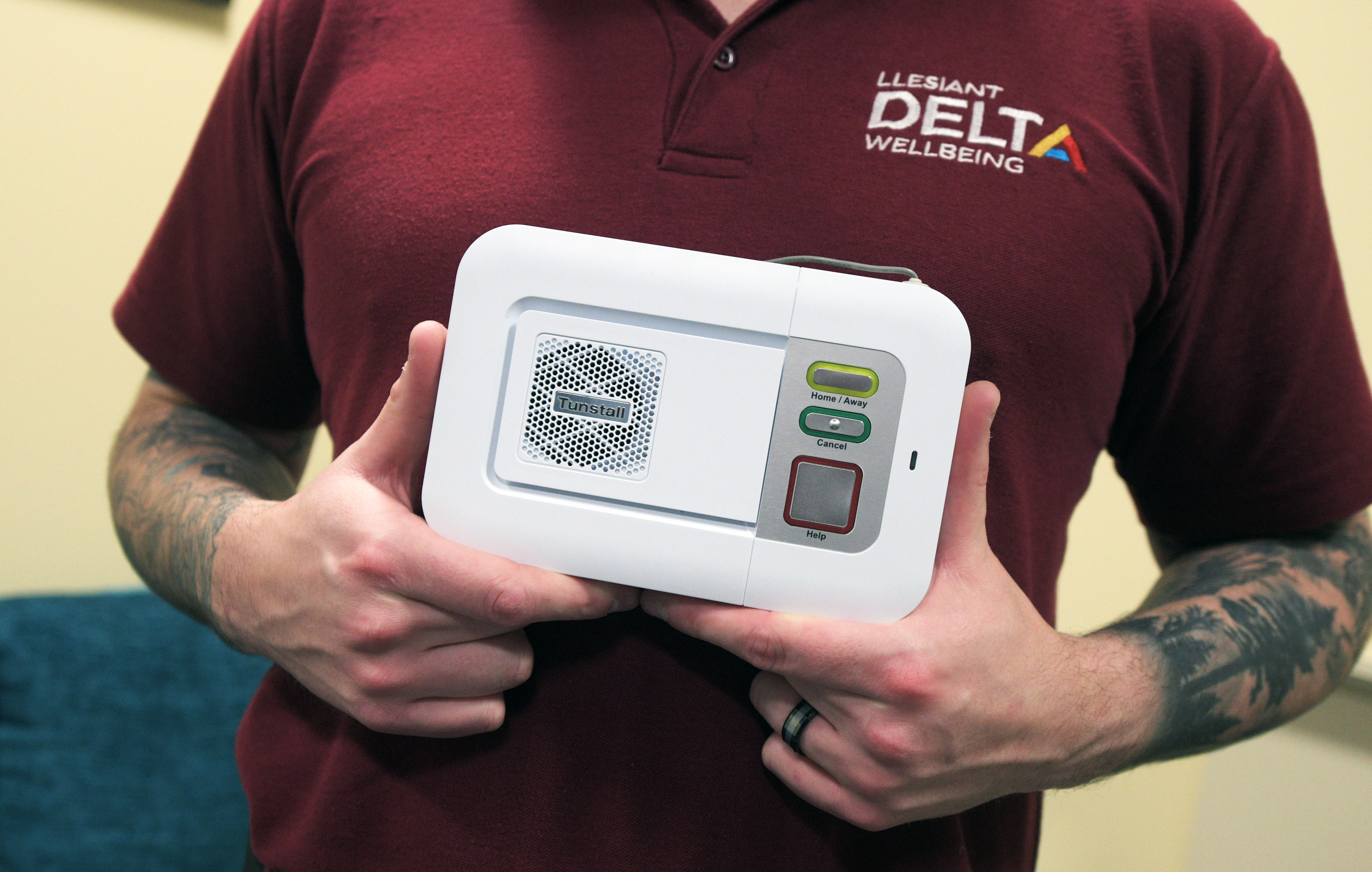03 December 2022
How technology is transforming independence for people with disabilities
What is assistive technology?
Assistive technology is a piece of equipment or system that supports individuals with their daily activities. These devices range from simple tools like crutches and wheelchairs, to technological devices like alert buttons.
These tools work together to ensure that the individual is safe, comfortable, and able to meet their basic requirements. Assistive technologies may also provide valuable opportunities for people with disabilities to learn new skills and grow their self-confidence.
People with disabilities may rely on support from family members, carers, or loved ones and assistive technology can help improve their independence.
What kind of assistive technology is available?
There are many different types of assistive technology available. Some examples include voice recognition software, screen readers, text-to-speech programs, adaptive keyboards or mice, and adaptive light switches.
Today, in celebration of the International Day of Persons with Disabilities, we’re looking at how assistive technology is helping transform people’s lives.
How assistive technology is helping people with disabilities
Some types of assistive technology systems helping support people with disabilities include:
- Sensors: Sensors can detect when an individual may have had a fall or seizure and can raise an alarm for support when needed. This helps improve the individual’s confidence in knowing that they can remain independent, but help will still be at hand when needed.
- Lifelines: For people with disabilities, experiencing an emergency can be an incredibly stressful event. Fortunately, lifelines can enable individuals to call for emergency support when needed, with a connection to 24/7 monitoring centres to keep them safe.
- Specialist alarms: All homes should have smoke alarms and carbon monoxide alarms in place to protect their residents. New assistive technology designs can also connect these alarms to a specialist call centre such as Delta Wellbeing’s 24/7 monitoring centre.
- Medicine dispensers: Modern medications help people with disabilities lead happier, more fulfilling lives. Fortunately, medicine dispensers are an ideal solution to support this, ensuring that patients know when and what medicines to take.
Final thoughts
When it comes to living with a disability, improving independence can be a major challenge. But with the support of Technology Enabled Care, people with disabilities can lead a more independent life.
Assistive care solutions are now available for almost every scenario. These technologies can support people with disabilities to lead a happy life. Find out more about the assistive technology we can provide or call one of our specially trained advisors on 0300 333 2222.

